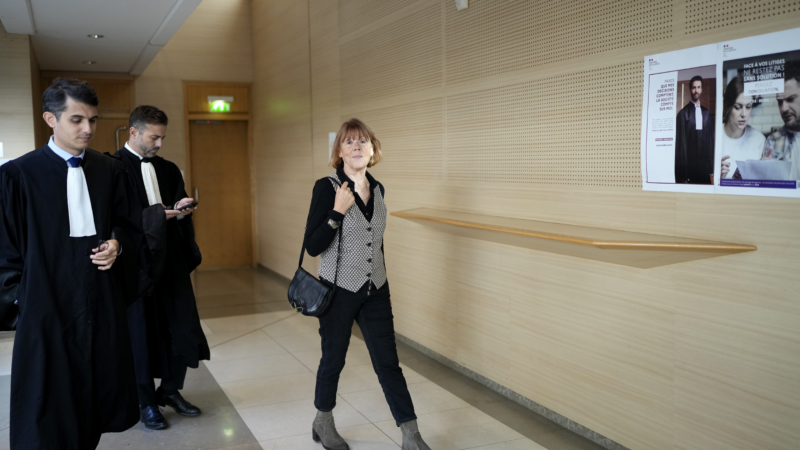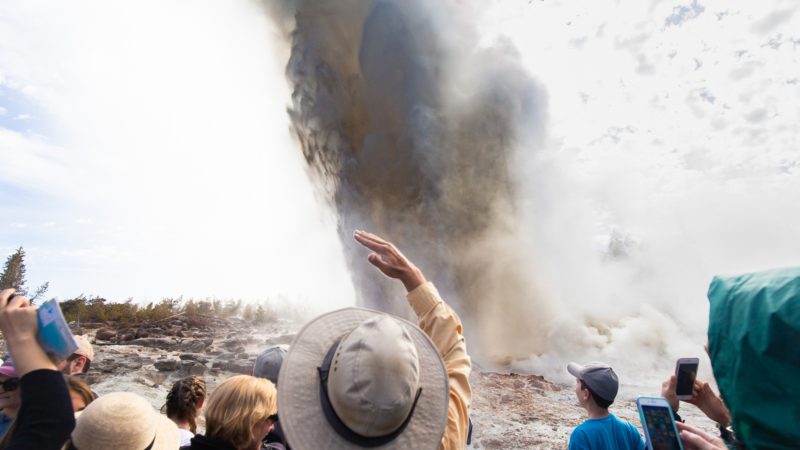Report: Alabama Community Corrections Harms Low-Income Participants
A recent report from the Southern Poverty Law Center says Alabama’s community corrections program unfairly burdens low-income people and threatens public safety. Community corrections, operating in 51 of Alabama’s 67 counties, is overseen by the state Department of Corrections, but run locally. It’s designed to be an alternative to prison.
The report’s main criticism is that community corrections relies on fees as a primary revenue source. These include fees for drug testing, supervision or electronic monitoring.
“This finding is very troubling because essentially it puts these programs in a very compromised role,” SPLC attorney Ivy Wang says. “They’re trying to supervise people and make sure that they succeed but also looking at these same people as sources of revenue. And we see that as inherently a conflict of interest.”
The Department of Corrections does not have uniform guidelines on fees, so the cost to participants varies widely from county to county.
The report also likens work release to indentured servitude. Wang says work release participants are usually living in a facility where they are monitored and can’t leave, as opposed to their homes. Often, a significant part of their pay goes to the program.
“Also they’re working under the threat of incarceration if they’re seen as not complying. So these just create conditions that are ripe for exploitation,” Wang says.
Wang argues fees put public safety at risk. She says survey data shows some people commit crimes, such as steal or sell drugs, to have money to pay fees ordered by the judicial system. She adds the program is intended to help prepare people to find work and support themselves after their sentences are through. But the current system hampers that. “You’re putting people under pressure to pay. They might be taking money away from necessities that they would otherwise have spent it on,” Wang says.
She says even though community corrections is legally authorized to supervise those convicted of a crime, many places use it to oversee those who have not yet been convicted. “[This] completely upends the presumption of innocence,” Wang says.
Wang says while they agree with the aim of community corrections as an alternative to prison time, it needs more support.
“The major solution we think is to fully fund these programs, which we think is something that the legislature seriously needs to look at,” says Wang.
The Southern Poverty Law Center is a program sponsor of WBHM, but the news and business departments operate independently.
Photo by Michael Coghlan
Mass trial shines a light on rape culture in France
A harrowing and unprecedented trial in France is exposing how pornography, chatrooms and men’s disdain for or hazy understanding of consent is fueling rape culture.
What’s your favorite thing about fall?
With cooler mornings and shorter days, if feels like fall is finally here. So what’s your favorite thing about fall? We put that question to people at our recent News and Brews community pop-up in Cullman.
Teammates LeBron and Bronny James make history as the NBA’s first father-son duo
The Jameses, who both play for the L.A. Lakers, shared the court for several minutes on the NBA's opening night. They join a very small club of father-son teammates in American professional sports.
After John le Carré’s death, his son had the ‘daunting’ task to revive George Smiley
Nick Harkaway grew up hearing his dad read drafts of his George Smiley novels. He picks up le Carré's beloved spymaster character in the new novel, Karla's Choice.
When Steamboat goes WHOOSH, scientists look for answers
What triggers geysers to go off is still not well understood. A new paper shows that one small earthquake likely triggered an eruption of the world's tallest active geyser, Steamboat.
Trump’s ex-chief of staff warns his former boss would rule like a ‘fascist’
John Kelly is one of several Trump-era White House officials to publicly criticize their former boss, arguing that Trump is not fit to hold office again.






